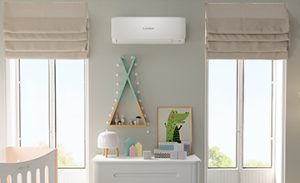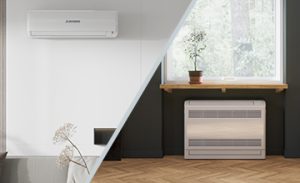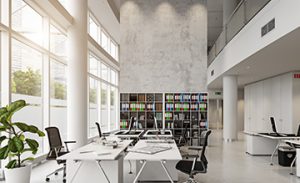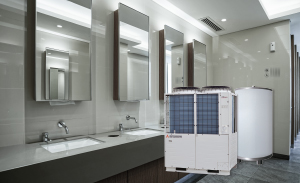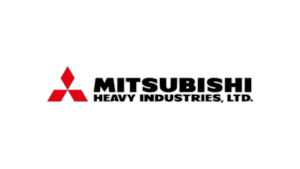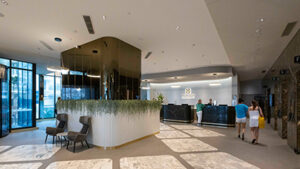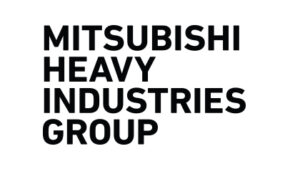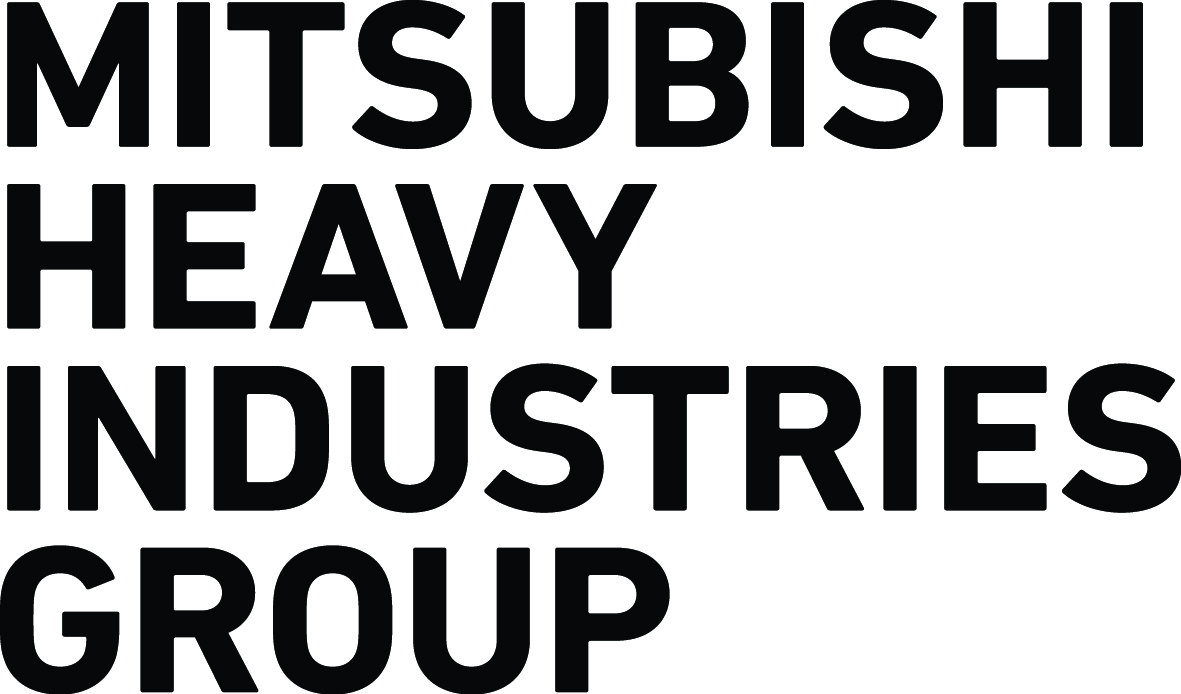Clean Air Technology Promotes Wellbeing Among New Zealand Homes
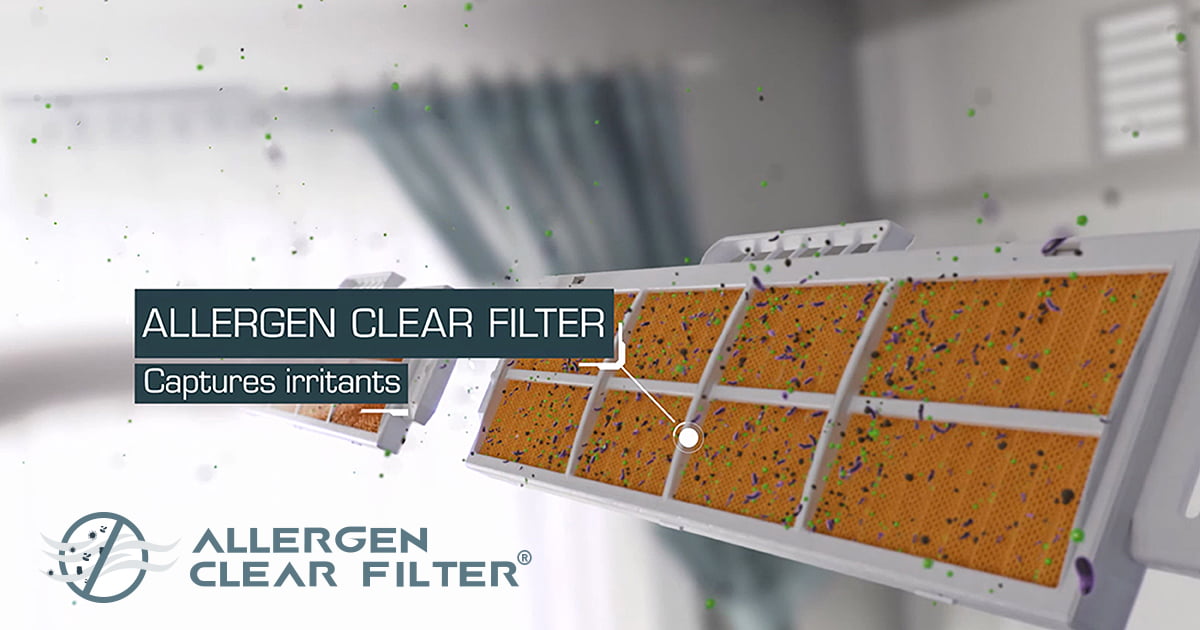
When it comes to clean air, New Zealand is ranked 13th out of the 117 countries analysed around the world. However, an increase population and our ever changing climate are uncontrollable factors that continue to impact the environment and ultimately, us. This is evident in the rise of allergies that we see today.
Today, allergies affect approx 30-40% of New Zealand’s population with the most Common allergies being airborne and include pollen and dust mites. Climate change and extreme weather events has also given rise to longer pollen seasons and more pollen production than before. On top of this, mould has been a common problem in New Zealand. As well as producing unwanted odours, mould also produces allergens that can cause reactions such as sneezing, asthma attacks or in rare cases poisoning by mycotoxins. Luckily, this is where Mitsubishi Heavy Industries’ Clean Air Technology’ can assist.
Graham Hamilton, Senior Sales Advisor from Mitsubishi Heavy Industries Heat Pumps believes that while we can’t control external factors, we are seeing heightened demand for control within our internal environments. “We have noticed an uptick in consumers who are concerned about their exposure to pollution and are focused on creating a clean, allergen free environment.”
MHI is one such company dedicated to improving the wellbeing of families through its state-of-the-art technologies. “We introduced Clean Air Technology into our split system heat pumps to help improve the quality of indoor air.” Split systems comprise of an indoor unit – installed on an interior wall – and an outdoor unit, placed on the exterior of the home.
“This technology comprises of specialised components, systems and functions – all designed to work in synchronisation.”
Dedicated to the wellbeing of families, MHI’s Clean Air Technology traps fine particles such as smoke and other pollutants, it captures and deactivates allergens, bacteria, mould and viruses and self-cleans to keep the air dry and odour free.
Key features include:
- Allergen Clear Filter: “As air is drawn into the top of your split system air conditioner unit, various airborne allergens such as dust, pollen and other irritants are bound to come with it. The Allergen Filter is designed to capture these airborne particles and break them down,” he explains.
- Deodorising Filter: The Photocatalytic Deodorising Filter is the next line of defence. “This filter captures additional airborne particles, such as fine smoke particles, before neutralising odour causing molecules they may be carrying.”
- Allergen Clear Operation: This multi-stage operation involves the unit cycling between heating and cooling modes to generate internal moisture which in turn activates enzymes within the specialised Allergen Clear Filter. “The Allergen Clear Operation can be activated by pressing the ‘Allergen’ button on the remote control and it runs for 90mins before stopping automatically.”
- Self-Clean Operation: Self-Cleaning mode is a separate function which works best, if activated after using the Allergen Clear operation. The Self-Cleaning operation is designed to dry the internal components, including fan and filters, used to eliminate mould and deliver clean, odour free air.
- Anti -Microbial Fan: To prevent the growth of mould and other microbes, the fan within MHI split systems has undergone specialised anti-microbial treatment. “This helps inhibits the growth of odour causing mould and works to keep your room stays nice and fresh” he adds.
“For us at MHI, we believe in maintaining and assisting with the overall health and wellbeing of our customers. While we acknowledge the many factors of our changing society that we cannot control, with our air conditioners we focus on the parts we can control” Graham concludes.
Mitsubishi Heavy Industries’ Clean Air Technology is available in the Avanti®, Avanti Plus® and Bronte® series of heat pumps.

